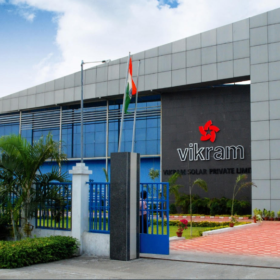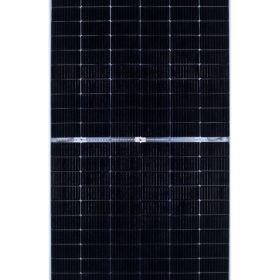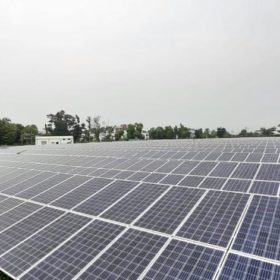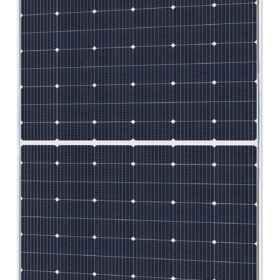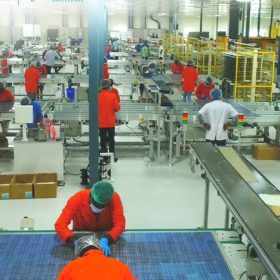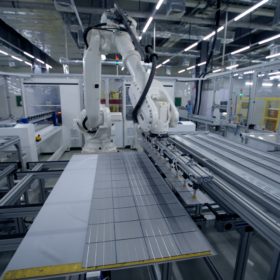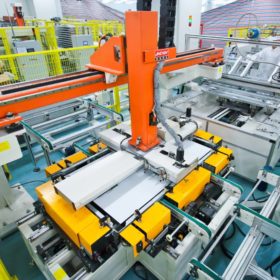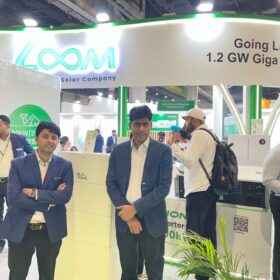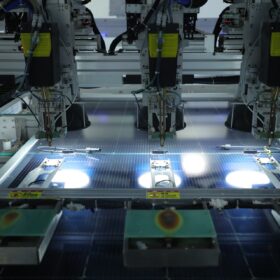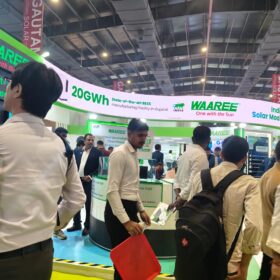Vikram Solar files for IPO to raise funds for 2GW integrated fab
The Kolkata-headquartered solar manufacturer has filed draft papers with SEBI for its initial public offering (IPO), which comprises a fresh issue of up to INR 1,500 crore and an offer for sale (OFS) of up to five million equity shares by the existing shareholders.
Vikram Solar promotes Parakh to COO
Rajendra Kumar Parakh, who led Vikram Solar as the chief financial officer, has been appointed as the chief operating officer for the company’s engineering, procurement and construction (EPC) division.
Union Budget targets domestic production with 40% solar import duty and boost to manufacturing-linked incentive
The budget presented today by finance minister Nirmala Sitharaman allocates an extra INR19,500 crore (US$2,602 million) to the production-linked incentive scheme for solar and notifies basic customs duty of 40% on foreign-made solar modules and 25% on cells, from April.
Jakson appoints Vikram Solar’s Muvvala as EPC chief
Venkataramana Muvvala, who worked with Vikram Solar as business head-EPC, has joined Jakson Group as chief operating officer for the engineering, procurement, and construction (EPC) business.
Vikram Solar launches M10 modules
The Indian manufacturer has unveiled Series 10 monocrystalline PERC solar modules featuring 144 half-cells based on M10 wafer. The modules are available in monofacial and bifacial versions with a maximum efficiency of 21.33% and 21.13%, respectively.
Kolkata Port Trust gets 1 MW solar plant for self-consumption
The ground-mounted, captive solar plant, commissioned by Vikram Solar, is expected to generate 1.4 million units of electricity per year.
Indian solar manufacturers go big on high-output modules
Adani Solar, Jakson, Premier Energies, Vikram Solar, Waaree and other Indian manufacturers are showcasing their high-output modules (from 500 W to 600+ W) at this year’s Renewable Energy India Expo 2021.
Vikram Solar opens 1.3 GW mono PERC module factory
Vikram Solar has reached an overall module production capacity of 2.5 GW with the opening of a 1.3 GW fab in Chennai. The Chennai facility will produce mono PERC modules with a peak output up to 640 watts.
India could add 13.75 GW of solar module and 6.9 GW cell capacity by December next year
The government’s renewed efforts to curb solar equipment imports and upscale domestic manufacturing have started bearing fruits. The launch of the production-linked incentive (PLI) Scheme and the imposition of a basic customs duty (BCD) on imports have favored domestic capacity expansion.
China’s Jinchen holds 10 GW of solar production line orders from India
Jinchen Machinery has landed module production equipment orders from leading Indian solar manufacturers. It has already installed 2 GW of production lines and plans to supply the balance within three months. The company will open an India office in Surat, Gujarat.
